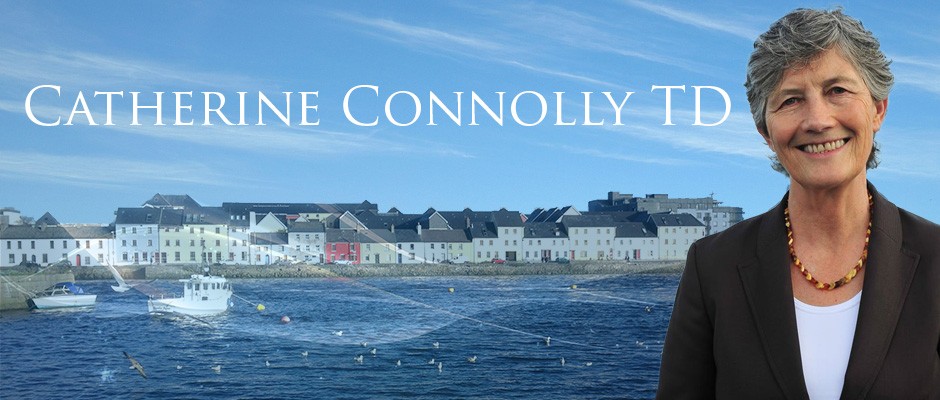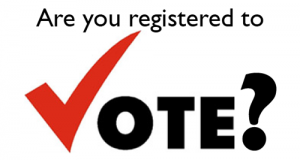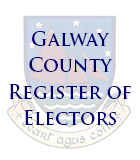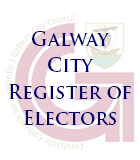Deputy Connolly welcomes the Minister’s confirmation that the second interim report from the Mother and Baby Homes Commission will be published by the end of March. The publication of the report, however, must be accompanied by an explanation as to why there has been such an unacceptable delay in its release. It would seem that the Minister has been awaiting a response from the various Departments and approval from the government before it can be published, which begs the question as to what is in the report and why the hesitancy in publishing it. Such delay does not inspire confidence in the process.
The question of confidence and trust is of the utmost importance given the manner in which survivors and families have been treated to date. Indeed Deputy Connolly said that it has now come to her attention that a confidential draft internal briefing paper prepared by the Health Executive as far back as 12th October, 2012 outlined very serious issues in relation to two specific Mother and Baby Homes namely Tuam and Bessboro. More particularly, these issues were “historic patient safety, medical care, accounting irregularities and possible interference with birth and death certification”. The document specifically notes that “the number of deaths recorded at Bessboro dropped dramatically in 1950 with the introduction of Adoption legislation” and suggests that “the evidence may point to babies being identified for adoption, principally to the USA, but have been recorded as infant deaths in Ireland, and notified to the parents accordingly”. Clearly the same question must be asked about the Tuam Mother and Baby Home and about all other Mother and Baby homes in the country.
It would seem that this briefing document was prepared in the context of the Martin McAleese Report on the Magdalene Laundries, but the issues identified were beyond its scope, and also well beyond the “scope, specialist expertise and availability of resources” of those who prepared the document. They were very clear however in their recommendation that the range of very serious issues identified required careful investigation.
They were also very clear that time was of the essence and that the surviving mothers and children should be consulted and spoken with in relation to their life story. Given the existence of this document in 2012 the shock expressed by the Taoiseach and government spokespeople is simply not credible. It needs to be clarified now as to who was aware of this briefing document and the issues identified therein; more particularly, which Ministers, what Departments and why no actions were taken and what other briefing documents and/or other information exists.
Furthermore, if we are to have trust and confidence in the Commission then the survivors and families must be placed at the heart of the process and not the academics and historians that the Minister has referred to. As part of this process the date for people to come forward to the Commission should be extended immediately and this is a matter that the Minister must make an urgent statement on. Moreover access to records for survivors and next of kin is a basic right and forcing applications to the High Court for such records is an obscenity.
Finally, while it is also welcome that the Minister has announced a scoping exercise in relation to further work by the Commission, this scoping exercise must include the briefing document referred to and all other such documents. Indeed in this regard it is noteworthy that the confidential briefing document notes that the records in relation to the Tuam Mother and Baby home are “detailed and extensive”. The scoping exercise must also be informed by a full and frank debate in the Dáil following the publication of the second interim report and of paramount importance is that the process is guided by the survivors and families.



